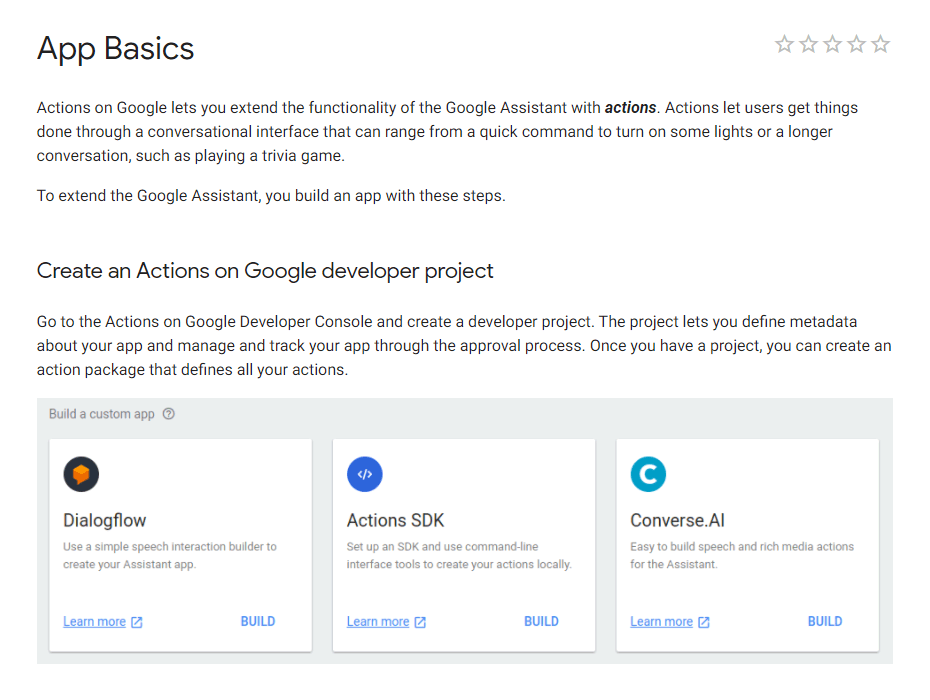Having a website that is highly ranked and great on SEO is certainly a good thing for your business on the web.
But when search queries aren't anymore limited to search box on Google, you may also want your website to perform well on "voice search ranking."
So how do you optimize your website for voice ranking? The first thing you need to know, is the old traditional pillars of SEO. Voice ranking is just a step above that.

The best practices for SEO, include and not limited to the following:
- Optimizing your website for conversational keywords.
- Optimizing for local queries.
- Having a mobile-friendly website.
- Use proper structured data to get your site featured on snippets.
- Using HTTPS instead of HTTP, in order to make your site more secured.
- Having relevant answers on your pages, which are short and concise.
- Great contents that are both simple and easy to read.
- Having a domain authoritative.
- Being active on social media networks.
- Becoming an expert on your field and niche.
- Rank high in Google's core search.
- Create Actions for Google.
Adapting By Optimizing To Changes
Consistency is the key here. In order to rank well on voice search queries, you need to keep providing answers for queries that people would be searching.
For every content you have, on-site SEO is a must. Here you should review your posts and do your own evaluations to find any possible recommendations you can give and appeal search engines.
While traditional SEO plays an important role in making your site rank better on voice searches, studies have concluded that smart devices such as Alexa and Google Home devices are more likely to get results on websites that are optimized for conversational keywords and created Actions for Google.

Below is a list of ranking factors:
- Your website's loading speed. This is a significant factor because voice search results usually come from faster-loading pages.
- Using schema. While not a must, but Google puts a higher priority on schema-optimized websites.
- Having contents that rank well on desktop and mobile.
- Having long-formed contents. While voice search results are generally short, having detailed information is still a plus.
Regardless of how virtual assistants become the discovery tool for many consumers, website marketers need to take these platforms seriously and adapt accordingly.
Further reading: How To Optimize Your Website Contents For Voice Search